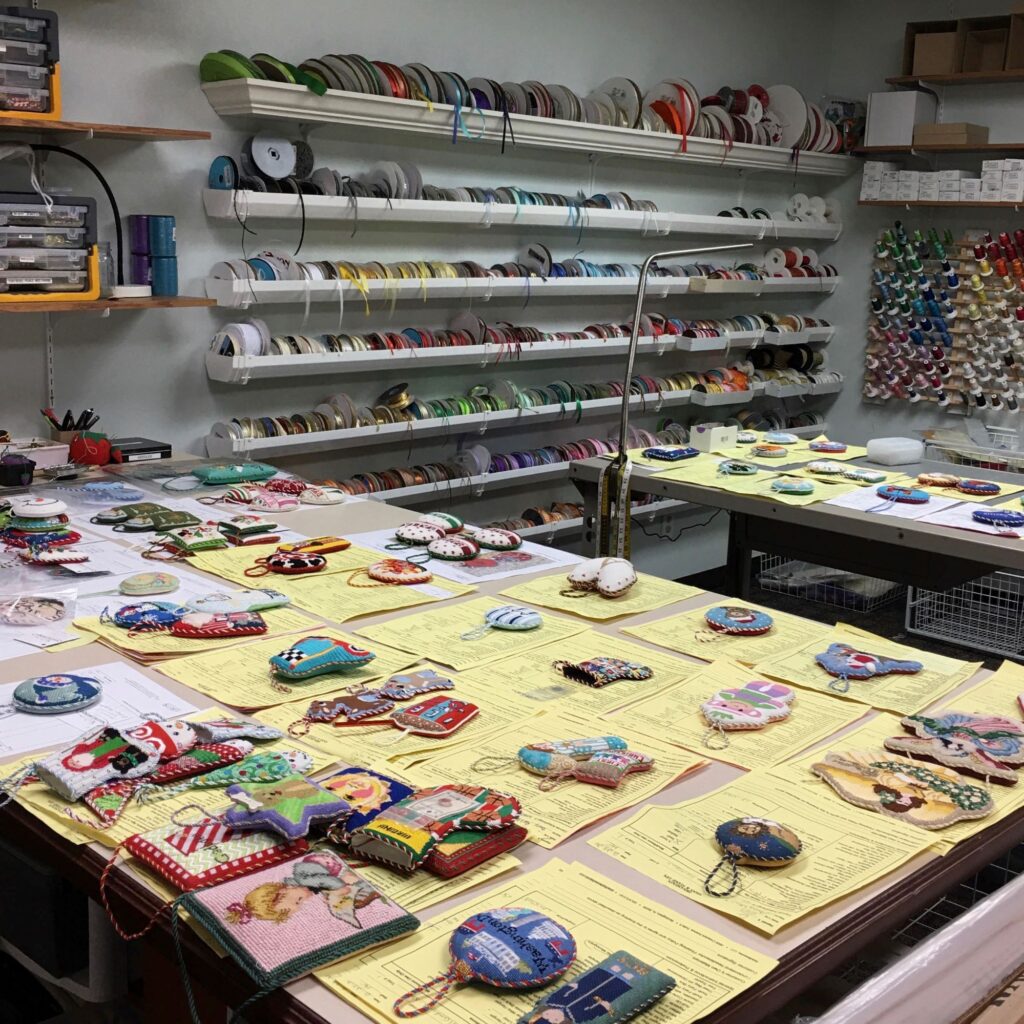The Invisible Gifts of COVID-19 & Autism When the pandemic began in March 2020, it seemed like our lives were put on hold. Schools and businesses closed, cities and states issued stay-at-home orders, and we stopped seeing friends and...
The Invisible Gifts of COVID-19 & Autism
When the pandemic began in March 2020, it seemed like our lives were put on hold. Schools and businesses closed, cities and states issued stay-at-home orders, and we stopped seeing friends and family to prevent the virus from spreading. For parents and caregivers living with children and adults with autism and other disabilities, critical services, therapies and education were abruptly halted. For those with loved ones in residential care, it meant the end to in-person visits and family time.
This past year has been extremely challenging for all of us, but especially for individuals living with disabilities and their families.
I have a 19-year-old daughter with severe autism, intellectual and developmental disabilities, and anxiety – and we experienced this firsthand. Explaining to Annie why her life and daily routine have drastically changed has been difficult for both of us, and extremely confusing for her.
Through thousands of conversations and FaceTime calls with her grandparents, “Gram” and “Pop,” Annie finally understands, “Everybody come back after sick.” We have adapted to our “new normal” of constantly being at home, not seeing people in person, and wearing face masks whenever we go out. We have all had to make adjustments, but instead of dwelling on the stressors Annie and I have experienced, I am focusing on the gifts and silver linings of this unexpected situation. Here are four things we have learned to embrace during COVID-19:
Slowing down isn’t necessarily a bad thing: The first few months of the pandemic felt like the movie “Groundhog Day” – wake up, work from home, help Annie with remote learning, go to bed and repeat. All extracurricular activities and events were canceled. After having such busy schedules, we almost didn’t know what to do with ourselves. But once we became used to quarantining, we discovered we liked the slower pace. Stressors like getting ready for school and work in the morning, and frantically hurrying to make dinner for the family in between after-school activities and therapies, were actually alleviated. Now, we exercise more at home and eat home-cooked meals together as a family every night. I got time back with my children, and learned things about them I never would have in pre-pandemic times. I get to be a “fly on the wall” during the school day: As a mom who works full time, I’ve missed a lot in my kids’ lives, especially around their school days and activities. Being home, together, has given me an opportunity to see what truly goes on with Annie in her school program. This also has given us a chance to touch base with each other more throughout the day by having snacks or lunch together – something we would have never had the opportunity to do before COVID-19. Technology is pretty incredible: At the beginning of the pandemic, we were forced to quickly familiarize ourselves with online platforms and other technology to stay in touch with colleagues, classmates, friends and family. I will admit, it was intimidating and frustrating at times. Now, we have become quite tech savvy. Annie can sign into her own Zoom calls, FaceTime “Gram” and “Pop” on her own and even text and use her chat box independently! Connecting with others has never been more important, and we are cherishing it. There are some advantages to being “homebodies:” When your children can’t go to school in-person, and you can’t go to the office, there is more downtime between class time and the work day. We have used this time to teach Annie daily living skills that she would normally emulate in a classroom or apartment setup at school. We taught her how to load and unload the dishwasher (and the correct location for all of the kitchenware) and how to make her own lunch (a simple turkey and cheese wrap sandwich). Annie also has learned how to wash, sort and fold her own laundry; change her bed sheets; and vacuum thoroughly. These are skills Annie will use throughout her lifetime, and I am grateful we have had the chance to help her learn them together.While we faced several challenges as a result of COVID-19, when I take a moment to think about the past year and the time spent with my family, there have been many invisible gifts – and I feel incredibly fortunate to recognize them. I hope you are able to do the same, with your family.
The post The Unexpected, Invisible Gifts of COVID-19 and Autism appeared first on Autism Journey.













